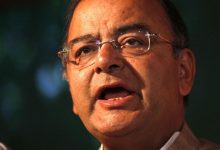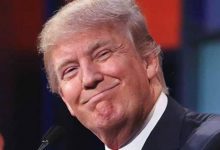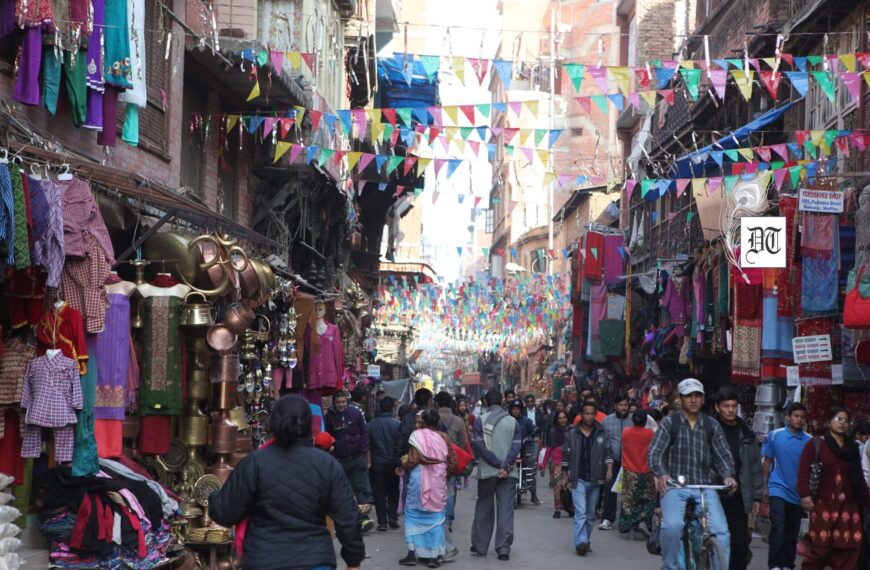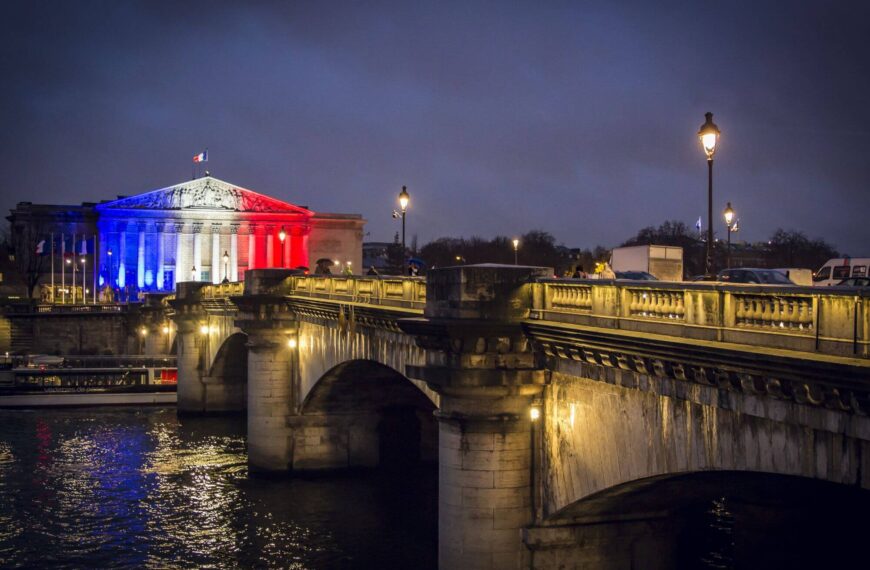There is the talk of holding Lok Sabha and Assembly polls simultaneously. Both President Ram Nath Kovind and Prime Minister Narendra Modi have strongly pitched for simultaneous elections. Simultaneous elections were held in 1951-52, 1957, 1962 and 1967. Is this possible? Here’s an analysis, for Different Truths.
 I had the privilege of covering two elections – 1962 and 1967 – when the polls to the Lok Sabha and State assemblies were held simultaneously. I have seen closely the strain it put on the state election commission and Chief Election Officer. It was a massive exercise for the Election Commission too after every five years. The governance, no doubt, then was better. One advantage to the ruling dispensation, at that time, was that most of the states and Centre were ruled by one party that is Congress.
I had the privilege of covering two elections – 1962 and 1967 – when the polls to the Lok Sabha and State assemblies were held simultaneously. I have seen closely the strain it put on the state election commission and Chief Election Officer. It was a massive exercise for the Election Commission too after every five years. The governance, no doubt, then was better. One advantage to the ruling dispensation, at that time, was that most of the states and Centre were ruled by one party that is Congress.
In 1967, for the first time, Lok Sabha and Assembly elections were delinked and, at the same time, Congress party’s hegemony in states, particularly in North India, or the Hindi belt, ended. There was also a mid-term poll at the Centre in 1970. That was the period of uncertainty with new political alignments coming up. One such alignment was Samyukta Vidhayak Dal (SVD) in which the two socialist parties – Socialist Party and Praja Socialist Party – and the Jana Sangh joined hands to keep the Congress out. The SVD, ruled Uttar Pradesh, Madhya Pradesh, and other north Indian states, but multi-party governments fell because of their inherent contradictions and the mid-term polls were necessitated. There was also instability at the Centre. Thus the Lok Sabha and state Assembly elections were delinked.
 Now, there is again talk of holding Lok Sabha and Assembly polls simultaneously. Both President Ram Nath Kovind and Prime Minister Narendra Modi have strongly pitched for simultaneous elections. Their contention is that citizens alive to the state of governance in the country, are concerned about the frequent elections in one part of the country or another, which adversely impact the economy and development. They are right, but is holding a simultaneous poll to Lok Sabha and state Assemblies possible? Possibly not in the present scenario. The linking of two elections can, however, be conceived if the Centre and most of the states are ruled by the BJP. That may not be possible in the present political scenario.
Now, there is again talk of holding Lok Sabha and Assembly polls simultaneously. Both President Ram Nath Kovind and Prime Minister Narendra Modi have strongly pitched for simultaneous elections. Their contention is that citizens alive to the state of governance in the country, are concerned about the frequent elections in one part of the country or another, which adversely impact the economy and development. They are right, but is holding a simultaneous poll to Lok Sabha and state Assemblies possible? Possibly not in the present scenario. The linking of two elections can, however, be conceived if the Centre and most of the states are ruled by the BJP. That may not be possible in the present political scenario.
In spite of difficulties, the possibilities of re-linking both the elections were constantly examined. As far back as 1983, the Election Commission had suggested that a system should be evolved so that elections to Lok Sabha and state assemblies could be held simultaneously. In May 1999, Justice Jeevan Reddy, heading the Law Commission, recommended in its report: “We must go back to the situation where the elections to Lok Sabha and all the Legislative Assemblies are held at once.”
 In its December 2015, report on the “Feasibility of holding simultaneous elections to the House of People and State Legislative Assemblies”, the Parliamentary Standing Committee on Personnel, Public Grievances, Law and Justice recommended “an alternative and practicable method of holding simultaneous election which involves holding of elections in two phases” —half-way into the term of the current Lok Sabha i.e., in November 2016, for some assemblies and at the end, i.e., in June 2019, for the rest.
In its December 2015, report on the “Feasibility of holding simultaneous elections to the House of People and State Legislative Assemblies”, the Parliamentary Standing Committee on Personnel, Public Grievances, Law and Justice recommended “an alternative and practicable method of holding simultaneous election which involves holding of elections in two phases” —half-way into the term of the current Lok Sabha i.e., in November 2016, for some assemblies and at the end, i.e., in June 2019, for the rest.
The committee suggested, “elections to all state Assemblies whose term end prior to or after a time period of six months to one year from the appointed election date can be clubbed together”. It proposed the term of current Assemblies be curtailed or extended to align with the new simultaneous election cycle. The recommendations remained on paper only.
In his address to the joint session of Parliament last year, the then President Pranab Mukherjee, too, expressed concern over frequent elections. They “put on hold development programme, disrupt normal public life, and impact essential services with a prolonged period of election duty”.
 Simultaneous elections were held in 1951-52, 1957, 1962 and 1967. The cycle was disrupted due to premature dissolution of Assemblies and, in 1970, Lok Sabha, too, was dissolved early.
Simultaneous elections were held in 1951-52, 1957, 1962 and 1967. The cycle was disrupted due to premature dissolution of Assemblies and, in 1970, Lok Sabha, too, was dissolved early.
The BJP has always been keen on the simultaneous election. The Congress feels that it was “impractical and unworkable”; the Trinamool said it was anti-democratic and unconstitutional; the CPI and NCP said it was “not feasible”; the CPI-M pointed to “practical problems”. The AGP and AIADMK, however, backed the idea.
To restore the practice of simultaneous polls, the Constitution needs to amended, which is not possible in the present situation.
The Congress leader P Chidambaram has raised a pertinent question. Terming the talk of the simultaneous poll as “jumla” (gimmick), he argued that it cannot be done under the present constitutional provision. “What if a government falls tomorrow? Will you put it under President’s rule for four years? It can’t be done”.
The reality is that in due course the elections have become fragmented because of federal nature of our polity. Parliament and state assemblies have followed their own dynamics, dissolving prematurely when political realignments undermined governments or when prime ministers and chief ministers opted for a snap poll.
 The influence of a strong leader like Prime Minister Narendra Modi is doubtless pushing the idea of simultaneous elections. But hung assemblies and parliaments are common and governments often tend to lose majority midway. Do states go in for fresh election or form “unity governments”, or do they remain under President’s rule? The first defeats the purpose of simultaneous election, the second could lead to instability and the last option would be constitutionally unfeasible. What if it is Parliament that dissolves prematurely? Again it needs to be settled whether new governments after a mid-term poll will serve out the five-year tenure of the previous house.
The influence of a strong leader like Prime Minister Narendra Modi is doubtless pushing the idea of simultaneous elections. But hung assemblies and parliaments are common and governments often tend to lose majority midway. Do states go in for fresh election or form “unity governments”, or do they remain under President’s rule? The first defeats the purpose of simultaneous election, the second could lead to instability and the last option would be constitutionally unfeasible. What if it is Parliament that dissolves prematurely? Again it needs to be settled whether new governments after a mid-term poll will serve out the five-year tenure of the previous house.
At present, there appears no cut and dry solution for linking Lok Sabha and assembly elections. An arbitrary attempt, at tinkering with a system that has worked reasonably well for 66 years despite the high cost of holding election practically every year in one state or other, is fraught with dangerous consequences.
Harihar Swarup
©IPA Services
Photos from the Internet
#ParliamentOfIndia #PresidentsRule #PresidentPranabMukherjee #ElectionCommission #ChiefElectionOfficer #LokSabha #IPA #DifferentTruths





 By
By

